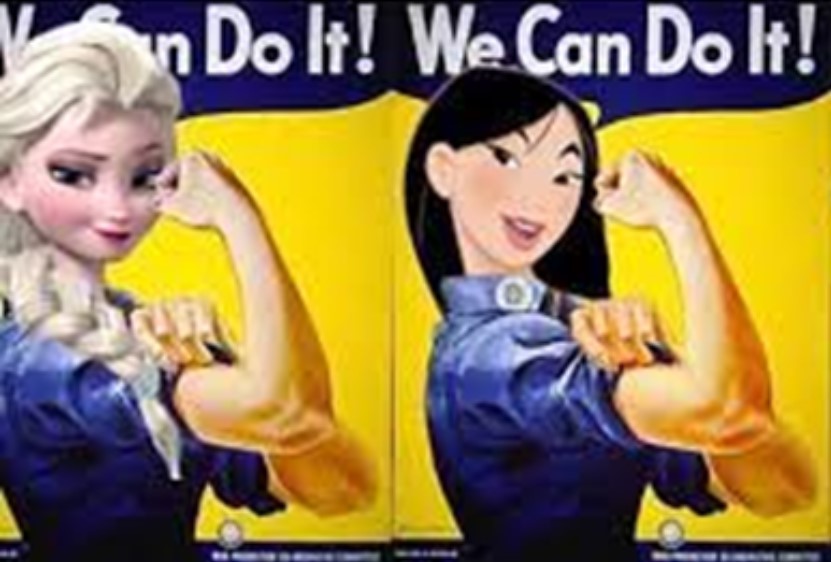By: Rycha Susanto
Let it go!
Let it go!
Can’t hold it back anymore!
I don’t care what they’re going to say.
Let the storm rage on.
The cold never bothered me anyway.
~Elsa in Frozen I~
Most of us may dismiss Disney, Pixar, or DreamWorks films for seeing them as mere child’s play. As a child, I spent my time engaging with a princess and a ‘happily ever after’ culture that once I decided to drop it. I did find children’s movies dull because most female leads are doomed without their handsome prince. Cinderella’s syndrome.
Over time, as I spent some time on the couch, watching children’s movies again with my kids, I was surprised by a twist in them: is that a message of feminism they have included? In my case, I saw that this trend began with the twisting story of Shrek and Princess Fiona, where a fairy Godmother does not always lead to a good path and when the better-looking Prince Charming does not always come with a good intention.
I perceive that the movie intends to say that a fairy Godmother is too good to be true that her existence cannot be true. And the Prince Charming, who is expected to save the world—and his girl—could have a conflict of interest that he never managed to save anyone. Whereas, Princess Fiona was described to be physically strong and embraced her ‘ugly’ and ‘gross’, defying social expectations of how females should look, do, and at utmost, be.
So, what does it have to do with ‘Let It Go’ by the Snow Queen, Elsa?
First, I love the way this Disney movie addresses unintended audiences like myself. In Elsa’s case, the children enjoy the magic shown in the movie and their parents can entertain themselves with the interpretation they have in mind: the magic a woman can do when they accept her potential.
Yes, I see that children’s movies are increasingly becoming more feminist, depicting their female characters to be capable with or without the presence of a man: Brave, Frozen, Tangled, Moana, Raya, you mention it. What adds the beauty to these stories is that girl power has lifted women, but not failed men. I have met and been inspired by many great male figures I truly respect—and they are quite feminist—that I would oppose the idea of hating men.
Strong emphasis is put more on values, work ethics, and determination; not hatred nor making women seem stronger because they already are. It’s about changing the way the world perceives women’s potential and bringing the notion that women can climb to the top without stomping on other people, let alone, a man.
Nowadays, more and more females are running in an election, and entertainment industries pick up the trend by defying gender stereotypes. Many send the message that females can do everything a man can do—not rarely, better.
Going back to movies, if you find yourself drained, consider watching a good children’s movie. That may fuel you up with empowerment from its dauntless female leads.
Compiled by author from various sources



